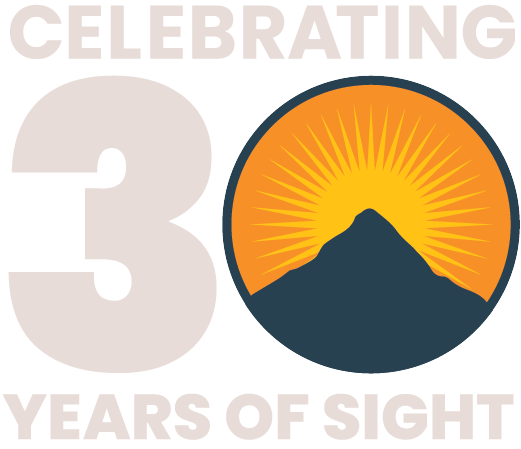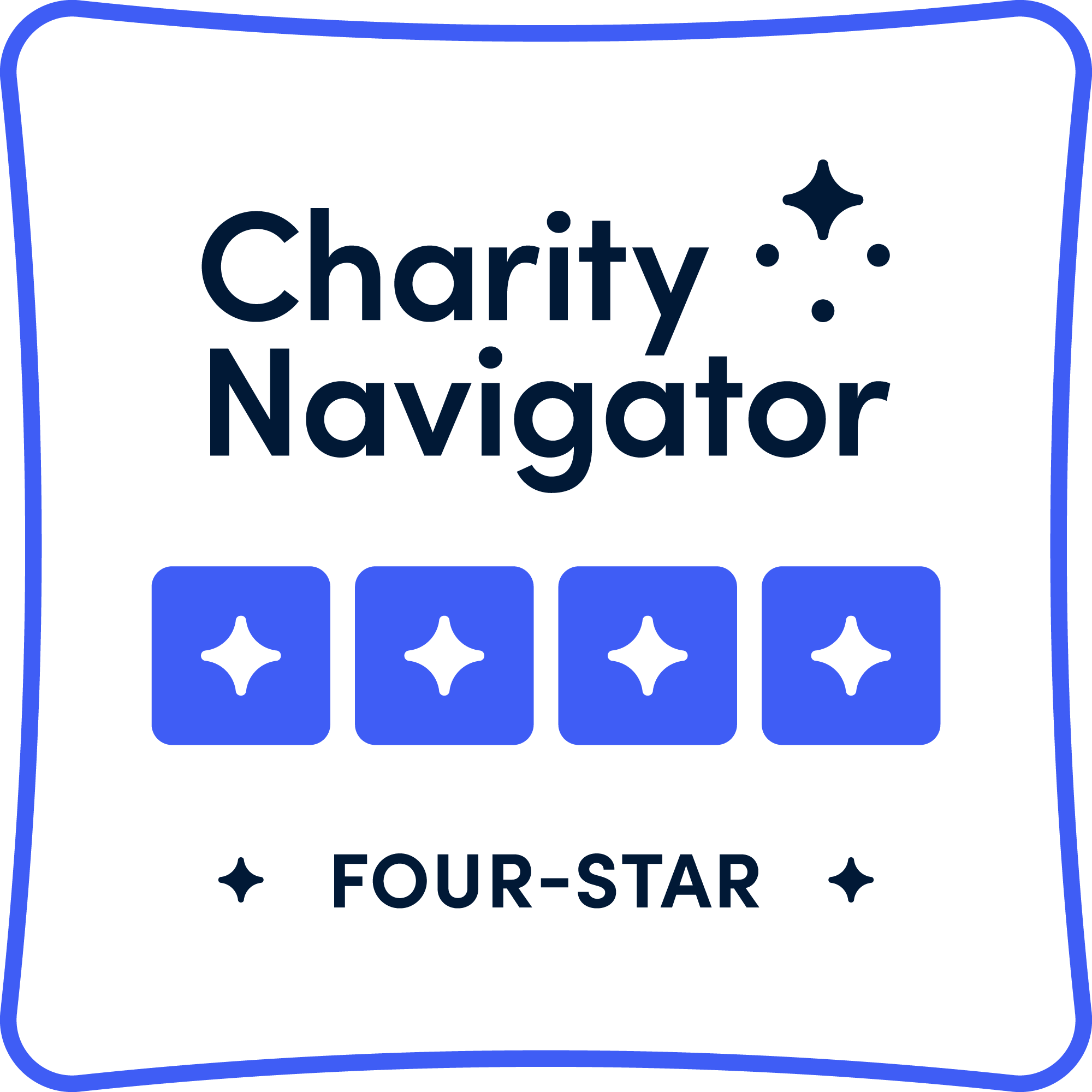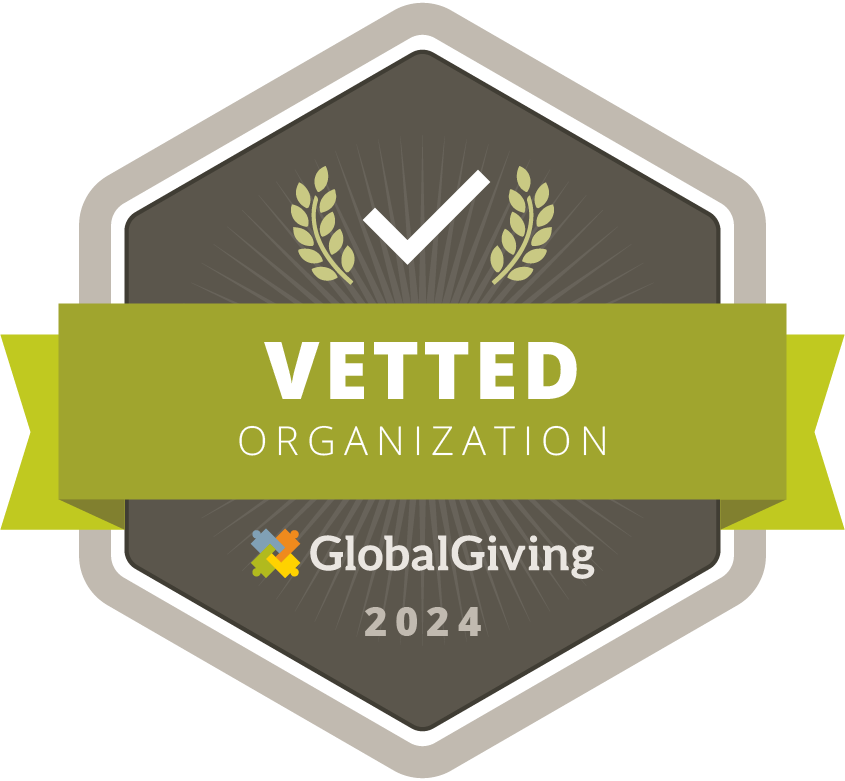The Impact - Curing Blindness in Ethiopia
Children and adults who suffer from blindness, cataracts, and other sight problems in Ethiopia often suffer additional hardships, including hunger, lack of education, and economic instability. Dr. Geoff Tabin and his team are working with Ethiopian medical teams to help combat the problem through simple medical interventions formerly unavailable for many Ethiopians.
Video Transcript
A mini-series featuring the work of the Himalayan Cataract Project in Ethiopia.
Blindness is most prevalent in developing countries where malnutrition, inadequate health and education services, poor water quality, and a lack of sanitation lead to a high incidence of eye disease. Fully 90 percent of the world’s visually impaired live in low-income settings.
In the least-developed countries, and in particular Sub-Saharan Africa, cataracts are responsible for half of all avoidable blindness. Other causes include glaucoma (15%), corneal opacities (10%), trachoma (6.8%), childhood blindness (5.3%), and onchocerciasis (4%). A simple, low-cost, one-time procedure can restore full sight to patients with cataracts — but in too many places those procedures are not yet available.
For more information and donations please visit: donate.cureblindness.org



